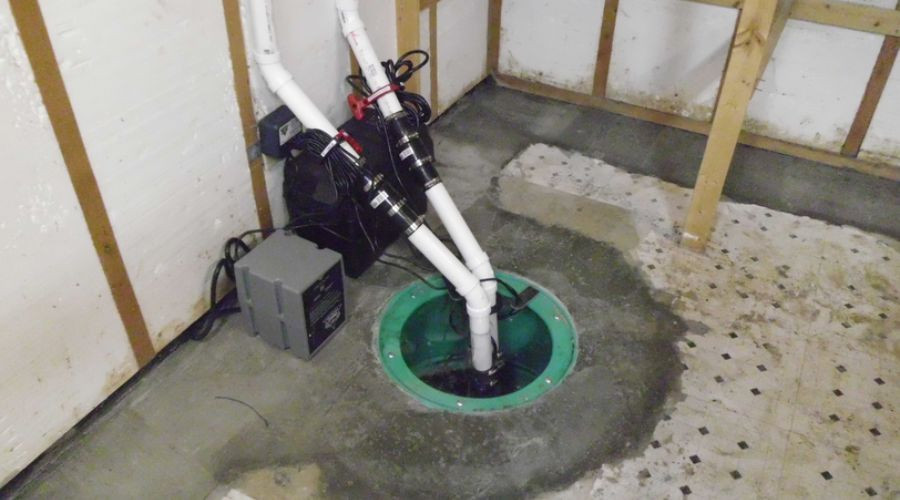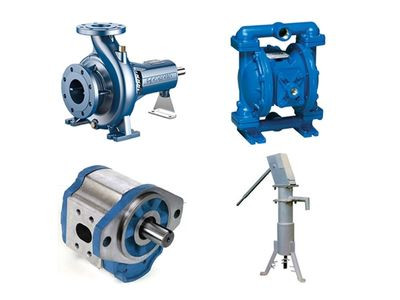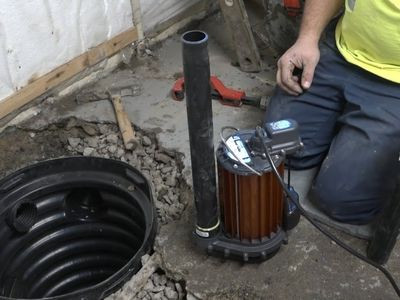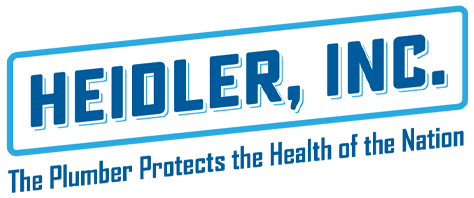Sump Pumps Offer Many Benefits
Sump pumps are extremely useful appliances. While many homeowners never see these devices up close, they play a vital role in preventing basement flooding and other expensive complications. Still, many homeowners are on the fence about purchasing these items, especially if they’ve never dealt with basement flooding before.
Here, one can learn about the many benefits of installing a sump pump. Having a sump pump could mean the difference between a stress-free holiday season and one filled with unexpected bills, plumbers’ visits, and other inconveniences.
Why Install a Sump Pump? 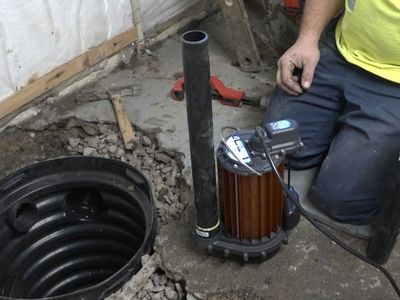
When it rains (or snow melts), the area around the home’s foundation can swell with water. This can cause the basement to flood, sustaining water damage and loss of personal property. Sump pumps sense when water threatens a flood relying on sensors and other systems. Then, they direct this excess water away from home, eliminating the risk of severe flooding.
Benefits of having a sump pump include:
- They protect the home’s foundation. If the home’s foundation is constantly waterlogged, this could cause serious problems. Eventually, it could make the home unsafe for residency.
- They protect personal property. Some belongings, such as electronics, can’t take water exposure. Sump pumps reduce the likelihood that flooding would ever damage these items.
- They reduce mold growth. Imagine this—a basement floods. The homeowner calls a specialized service to drain the water. Still, the water can promote mold and mildew growth, causing serious health concerns. It can also be quite expensive to remediate.
There Are Different Types of Sump Pumps 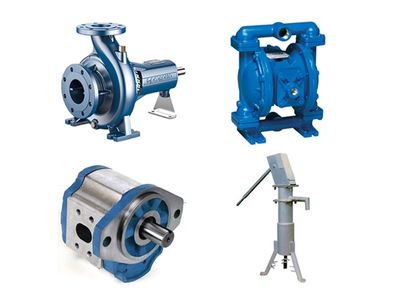
There are different types of sump pumps that suit different types of homes. Some common types of sump pumps include:
- Submersible sump pumps: When a plumber installs a sump pump, they dig a small pit filled with water, then place the appliance inside. With this type of sump pump, they’ll put the entire device inside the pit, completely submerging it underwater. These devices save space and even use less energy than their above-water counterparts.
- Pedestal sump pumps: These are taller than submersible sump pumps. The sensors go underwater while the motor stays above ground.
- Battery-operated sump pumps: Some homeowners rely on battery-operated sump pumps. That’s because these devices can still direct water away from the home’s foundation when the electricity goes out.
- Combination sump pumps: Many people call combination sump pumps “flood insurance.” That’s because they can use electricity or a battery to work. No matter how serious a weather event is, a homeowner can rest easy knowing this appliance will work.
What Are Secondary or Backup Sump Pumps?
As noted, some severe weather events can put electric-powered sump pumps out of commission. This is why many people rely on secondary or backup sump pumps. These devices:
- Work even when there’s no power
- Direct wastewater away from the basement and prevent flooding
- Can handle more water than standard sump pumps
- Protect the home and homeowners’ property
A plumber specializing in sump pump installation can help homeowners determine what device best meets a home’s needs.
About Heidler, Inc.
Heidler, Inc. has over 70 years of experience serving its neighbors in Annapolis, MD, and the surrounding areas. They provide flat rates, emergency assistance, and plumbing maintenance plans. Call them today for sump pump services in Annapolis, MD.

